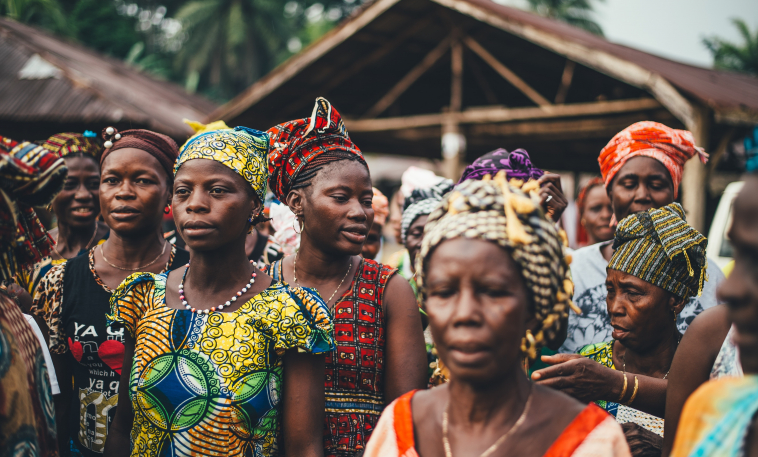ECHO Trial Results
There is no increased risk of HIV infection with the use of hormonal or non-hormonal reversible contraceptive methods, according to new results from the Evidence for Contraceptive Options and HIV outcomes (ECHO) trial, organised by the World Health Organisation (WHO).

The landmark trial, which has been running since 2015 and is the most comprehensive of its kind to date, assessed whether the risk of acquiring HIV differs with the use of three different family planning methods (DMPA- IM, levonorgestrel (LNG) implant, and copper IUDs) among 7,830 women in Kenya, South Africa, Swaziland and Zambia.
The results, announced this week, confirm that all three long-acting reversible contraceptives (LARCs) were found to be safe to use in the prevention of pregnancy, as well as posing no increased risk of HIV infection.
Dr Anita Makins, Postpartum IUD Project Director, represented FIGO at the WHO Technical Consultation held in Zambia earlier this year in preparation for the results of the trial. At the meeting, Dr Makins highlighted the role of providers and the OBGYN community in advising women that barrier methods remain the only effective method of preventing HIV transmission, and in supporting them to make an informed choice about the best method for themselves.
Dr Makins comments:
“The outcome of the ECHO trial is a great relief. However, it also underlines the continued need for increased provision and access to a wide-range of contraceptive methods, as well as high quality family planning counselling so that women can make an informed choice. It also absolutely highlights the need for integrated HIV and family planning services, including in the counselling and provision of post partum family planning. In Sub-Saharan Africa in particular the risk of acquiring HIV is high and women need to be counselled regarding this at every opportunity.”
Injectable contraceptive use has increased substantially over the past few decades in Africa, yet 214 million women in low-resource settings have an unmet need for contraception.
FIGO’s PPIUD programme seeks to address this unmet need in the often neglected postpartum period. This is a critical opportunity to provide family planning services to women in low-resource settings, who may otherwise have limited contact with the health system.
Next steps
In many settings in southern Africa, contraceptive choice is limited and HIV rates are high, at an average of 3.8% per year. This draws to attention the continuing public health challenges for women, and the need to ensure public education and counselling is provided throughout communities, both urban and rural, and to step up integration of both family planning and HIV interventions.
Following the results of the ECHO trial, it is essential that efforts are maintained to ensure all women have equal access to comprehensive, rights-based contraceptive care, in order to avoid unintended pregnancies and their potentially life-threatening consequences.
Updated contraceptive safety recommendations will be released by the WHO in August 2019, following the convening of a Guideline Development Group to review existing recommendations in light of the new results.
FIGO will support our 132 member societies to disseminate updated guidelines and ensure women’s health and rights are placed at the forefront of information surrounding contraceptive methods.